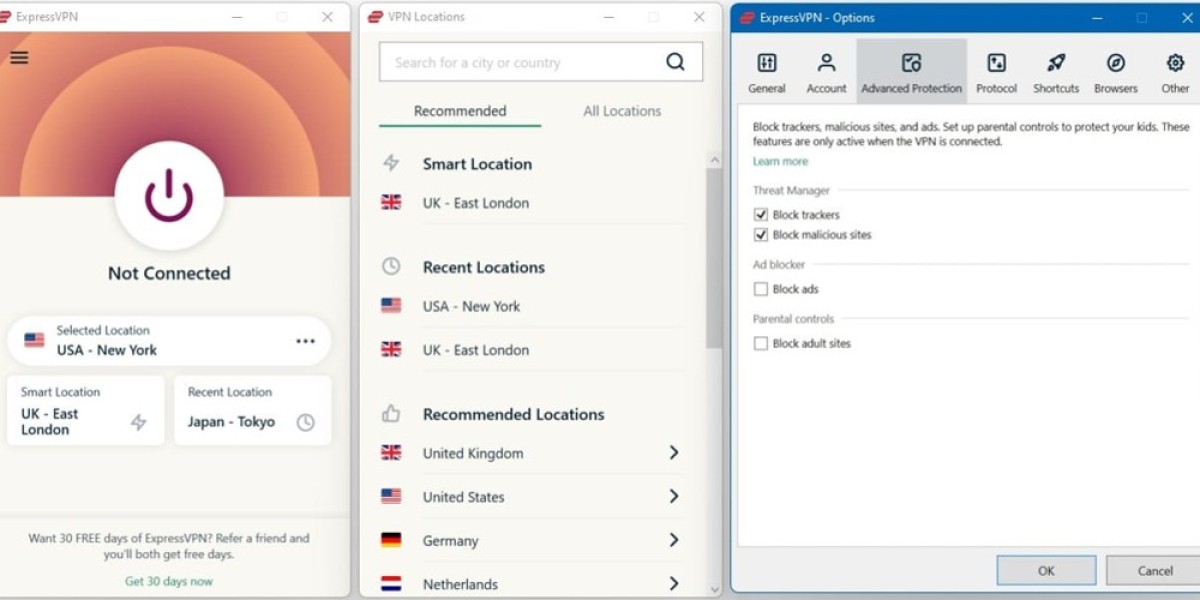A Comprehensive Guide to Buying Licenses: What You Need to Know
In today's competitive landscape, the purchase of licenses is often an important element of running a successful organization. Whether you are aiming to buy licence software application licenses for your company, a music license for your creative ventures, or an organization license to guarantee compliance with local laws, understanding the nuances of license procurement is important. This article will delve into the kinds of licenses available, outline the actions to take when buying a license, and address frequently asked concerns for clearness.
Understanding Different Types of Licenses
There are a number of types of licenses offered throughout various markets. Below is a classified introduction of the most typical licenses one might come across:
1. Software Licenses
Software application accredits grant users permission to run software applications under specified terms. These can be divided into numerous classifications:
- Proprietary Licenses: The user has actually restricted rights and should follow the terms stated by the software producer.
- Open Source Licenses: These enable users to customize the software application's source code, adhering to copyright laws.
- Freeware Licenses: Users can utilize the software application for free, however may face constraints on redistribution and adjustment.
2. Company Licenses
Company licenses are required by local, state, and federal governments to lawfully operate a company. Common licenses consist of:
- General Business License: A basic license needed to operate within a city or county.
- Professional Licenses: Required for specific professions, such as health care or financing.
- Sales Tax Permit: Necessary for organizations participating in retail sales.
3. Imaginative Licenses
For artists, musicians, and content developers, protective licenses ensure the right use of their work:
- Copyright Licenses: Control over how the work can be recreated, dispersed, and showed.
- Music Licenses: Necessary for carrying out or utilizing music in various settings, such as radio stations or public places.
4. Copyright Licenses
These are important for safeguarding developments and ideas:
- Patent Licenses: Allow others to produce or use an innovation.
- Trademark Licenses: Permit others to use a brand's recognizable signs.
Actions to Buying a License
When meaning to purchase a license, it's vital to follow a structured method:
Step 1: Identify Your Needs
Before acquiring a license, assess the requirements of your market or occupation. Concerns to think about include:
- What type of license do you require?
- Are you certified with existing guidelines?
- How will the license benefit your operations?
Step 2: Research Licensing Options
Conduct thorough research to identify potential providers or licensing authorities. Keep in mind of their track record, pricing structures, and terms.
Think about the following during research study:
- Read evaluations and testimonials from other users.
- Compare rates across various licensing companies.
- Comprehend the great print in licensing contracts.
Step 3: Evaluate Legal Requirements
Become knowledgeable about the legal elements of the license. Regulations might differ by area, so it's a good idea to talk to a legal consultant or company specialist.
Step 4: Budget for the License
Licenses can differ significantly in expense. Develop a budget that covers not just the purchase however also any continuous costs connected with the license. Consider if there will be a requirement for renewal.
Step 5: Make the Purchase
When you have actually picked the proper license and finalized the details, proceed with the purchase. Keep a record of the deal, including invoices and agreements.
Action 6: Maintain Compliance
After acquiring the license, guarantee you comply with its terms to prevent legal implications. Set up tips for renewal dates and keep your documentation arranged.
Frequently Asked Questions (FAQs)
1. What is the difference between a license and a permit?
A license normally grants authorization to take part in particular activities, while a license typically enables the completion of a specific process, such as building and construction or environmental compliance.
2. The length of time does it require to obtain a license?
The timeline can vary considerably depending upon the kind of license and regional regulations. Some licenses can be gotten on the same day, while others might require weeks or months for approval.
3. Can licenses be moved or sold?
In basic, licenses are often non-transferable, particularly proprietary software application licenses. Nevertheless, some states enable the transfer of service licenses under particular conditions.
4. What takes place if I don't purchase the required licenses?
Running without the essential licenses can cause extreme charges, including fines, suits, and even the closure of your service.

5. Are there any discounts available for bulk license purchases?
Lots of software suppliers provide discount rates for buying several licenses at the same time. It's worth asking about available options throughout the getting process.
Obtaining the appropriate licenses is important for both people and companies in different industries. By comprehending the different types of licenses available, researching successfully, and following a structured acquiring procedure, one can avoid risks and guarantee smooth operations. In a world where compliance is vital, taking proactive steps to secure the needed licenses is an investment in the future stability and stability of any venture.






